I fear three newspapers more than a hundred thousand bayonets
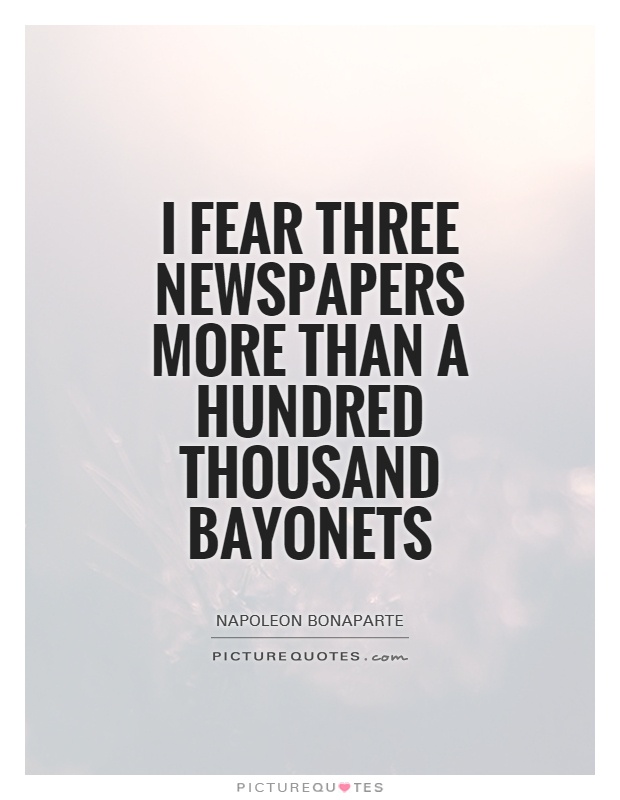
I fear three newspapers more than a hundred thousand bayonets
Napoleon Bonaparte, the renowned French military leader and emperor, was known for his strategic brilliance and fearless approach to warfare. However, despite his numerous victories on the battlefield, Napoleon also understood the power of information and the influence of the media on public opinion. This is evident in his famous quote, "I fear three newspapers more than a hundred thousand bayonets."For Napoleon, the threat posed by newspapers was not to be underestimated. In an era where the press played a crucial role in shaping public perception and influencing political decisions, Napoleon recognized the potential danger of negative or misleading news coverage. Unlike bayonets, which could be faced head-on with military might, newspapers had the power to sway public opinion, incite rebellion, and undermine his authority.
Napoleon's fear of newspapers can be traced back to his own experiences with the media during his rise to power. Throughout his career, Napoleon faced intense scrutiny and criticism from journalists and political commentators who were wary of his ambitious goals and authoritarian tendencies. Despite his efforts to control the press through censorship and propaganda, Napoleon understood that the power of the written word could not be easily suppressed.
Moreover, Napoleon's fear of newspapers also reflected his awareness of the changing nature of warfare in the modern era. As the French Revolution had demonstrated, public opinion and popular support were crucial factors in determining the success or failure of a military campaign. By acknowledging the influence of newspapers on public sentiment, Napoleon recognized the need to win not only battles on the battlefield but also the war of ideas in the court of public opinion.

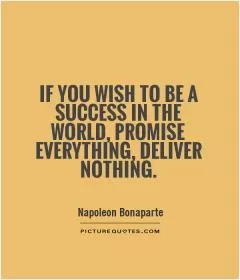
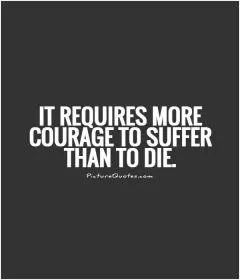

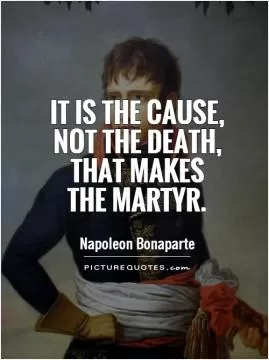
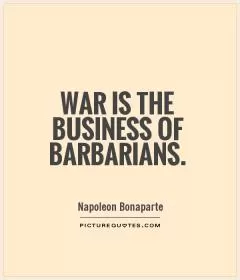
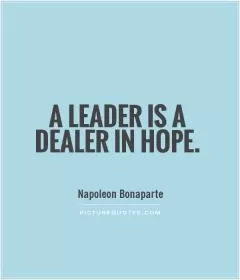
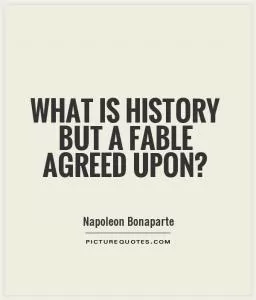


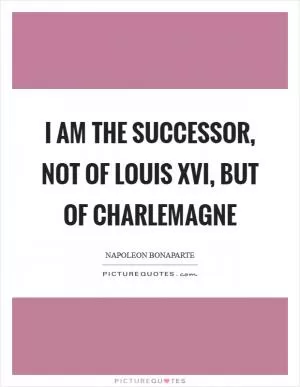
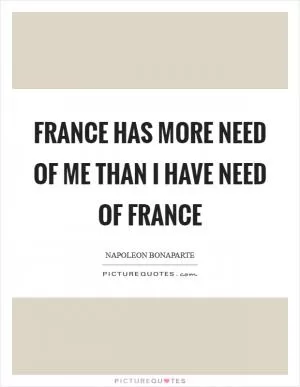
 Friendship Quotes
Friendship Quotes Love Quotes
Love Quotes Life Quotes
Life Quotes Funny Quotes
Funny Quotes Motivational Quotes
Motivational Quotes Inspirational Quotes
Inspirational Quotes